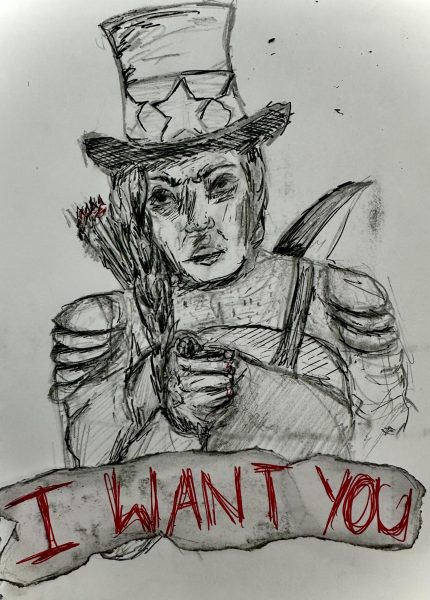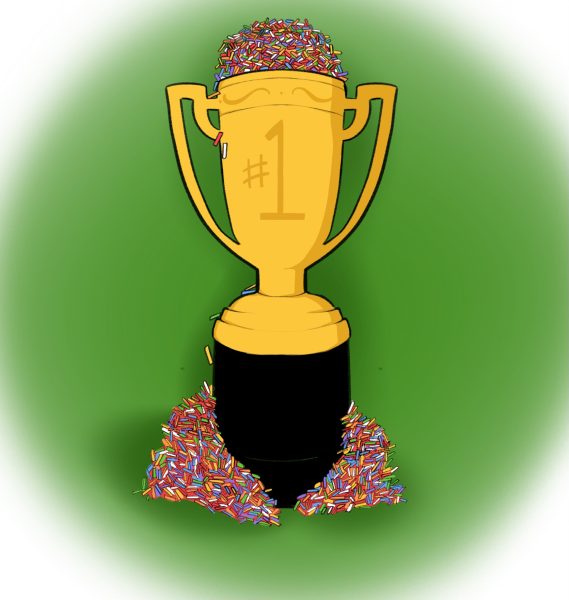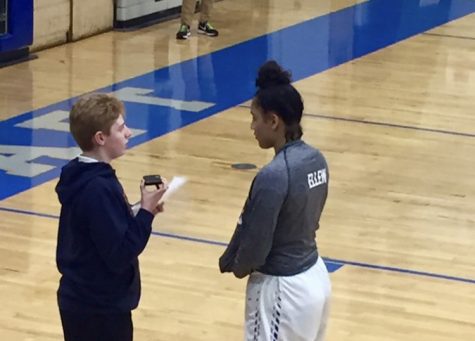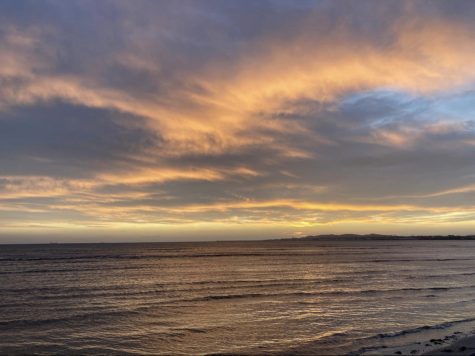From Charlottesville to Chicago: Responding to Hate
Images of white supremacists carrying Tiki Torches chanting “You will not replace us” and “Blood and soil” on the night of Aug. 11 in Charlottesville, Virginia felt as if it was pulled out of footage of the 1960’s during the Civil Rights Movement. The only difference was they were not hiding under white robes.
White supremacists and Neo-Nazis clashed with counter protesters during a “Unite the Right” rally the following day to protest the removal of a statue of Confederate general Robert E. Lee in Charlottesville, Virginia. During the clash, a car sped into a group of counter protesters killing a 32-year-old woman, Heather Heyer, and injuring 19 others.
As many Americans spiraled into a state of shock and chaos, it was a perfect opportunity for Trump to condemn white supremacists and stand up for the American value which embraces diversity and for the many people who were affected by the hatred on display in Charlottesville.
Trump’s response to condemn the actions on “many sides” that Saturday was disgraceful, but not surprising.
Americans could not rely on the president to condemn white supremacists and Neo-Nazis without finding ways to defend them. So many took it into their own hands.
Despite the appalling situation which unraveled in Charlottesville and Trump’s disappointing reaction, there were also many displays of solidarity among Americans to denounce white supremacy and racism.
There were many counter protests across the country, including in Chicago.
Hundreds marched in downtown Chicago on Aug. 14 in response to Trump and the hateful rallies in Charlottesville, according to the Chicago Tribune.
This issue runs deeper than removing statues. White supremacists have become empowered by Trump’s rhetoric during his campaign and presidency. His failure to fully condemn them have only fueled their fire.
Racist graffiti was found in the Chicago neighborhood of Ravenswood Gardens weeks following the Charlottesville rallies. It included the spray painted words “Diversity is white genocide,” prompting the community to respond by chalking positive messages on the sidewalk, according to the Chicago Tribune.
The racist values seen in Charlottesville go in direct conflict with the diverse America we see today. We must take every opportunity to speak up and denounce this hatred when we see it. It is dangerous to be apathetic because it sends a message of tolerance, allowing these extremist groups to continue spreading hate.
Due to Lane’s diverse student population, students have the greater obligation to recognize intolerance and make clear their behavior is unacceptable. This would require continued support from the administration to stand up for the rights of minority students and encourage discussion in the classrooms.
A discussion about race relations can be uncomfortable, but can bring us a step closer to understanding where we stand on the issue by hearing different perspectives. We must look at ourselves first and recognize the biases and stereotypes we have, in order to overcome them.
Everyone grows up with certain biases about different races and cultures, it is something we are exposed whether it be by the influence of other family members or media. It is important to acknowledge them, educate ourselves and have these difficult discussions with others to work through them.
As America moves further past the hard lessons learned during the Civil Rights Movement and Jim Crow laws, America must not go back to these racist mindsets that promote white nationalist ideals. The events in Charlottesville showed that these mindsets still exist and poor race relations in the U.S. are far from being resolved.
As students, we must be a generation that sets a better standard for future generations. White supremacy ideology might continue, but it will never prevail. Together, the Lane community has the power to fight against an ideology which feeds off of division and hatred by reaching out to each other.
Editorials represent the majority view of The Warrior Editorial Board.
Your donations directly fund the Lane Tech student journalism program—covering essential costs like website hosting and technology not supported by our school or district. Your generosity empowers our student reporters to investigate, write, and publish impactful stories that matter to our school community.
This website is more than a publishing platform—it's an archive, a research tool, and a source of truth. Every dollar helps us preserve and grow this resource so future students can learn from and build on the work being done today.
Thank you for supporting the next generation of journalists at Lane Tech College Prep!




